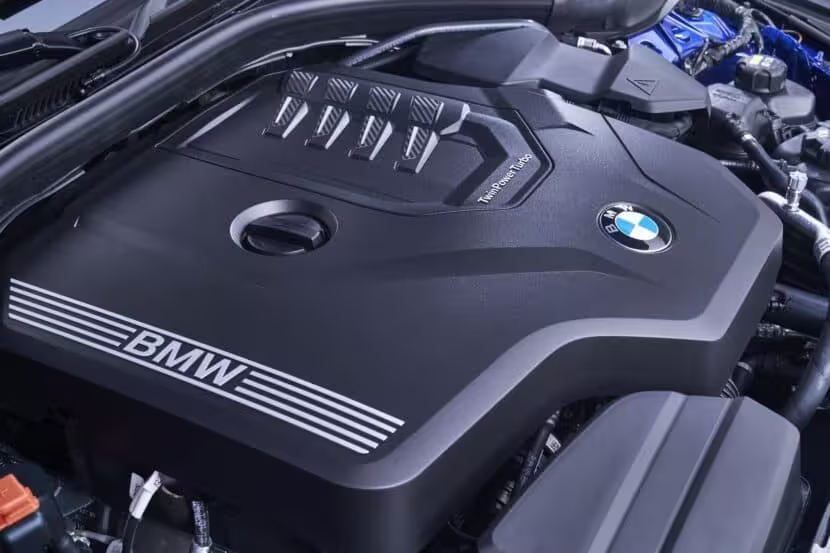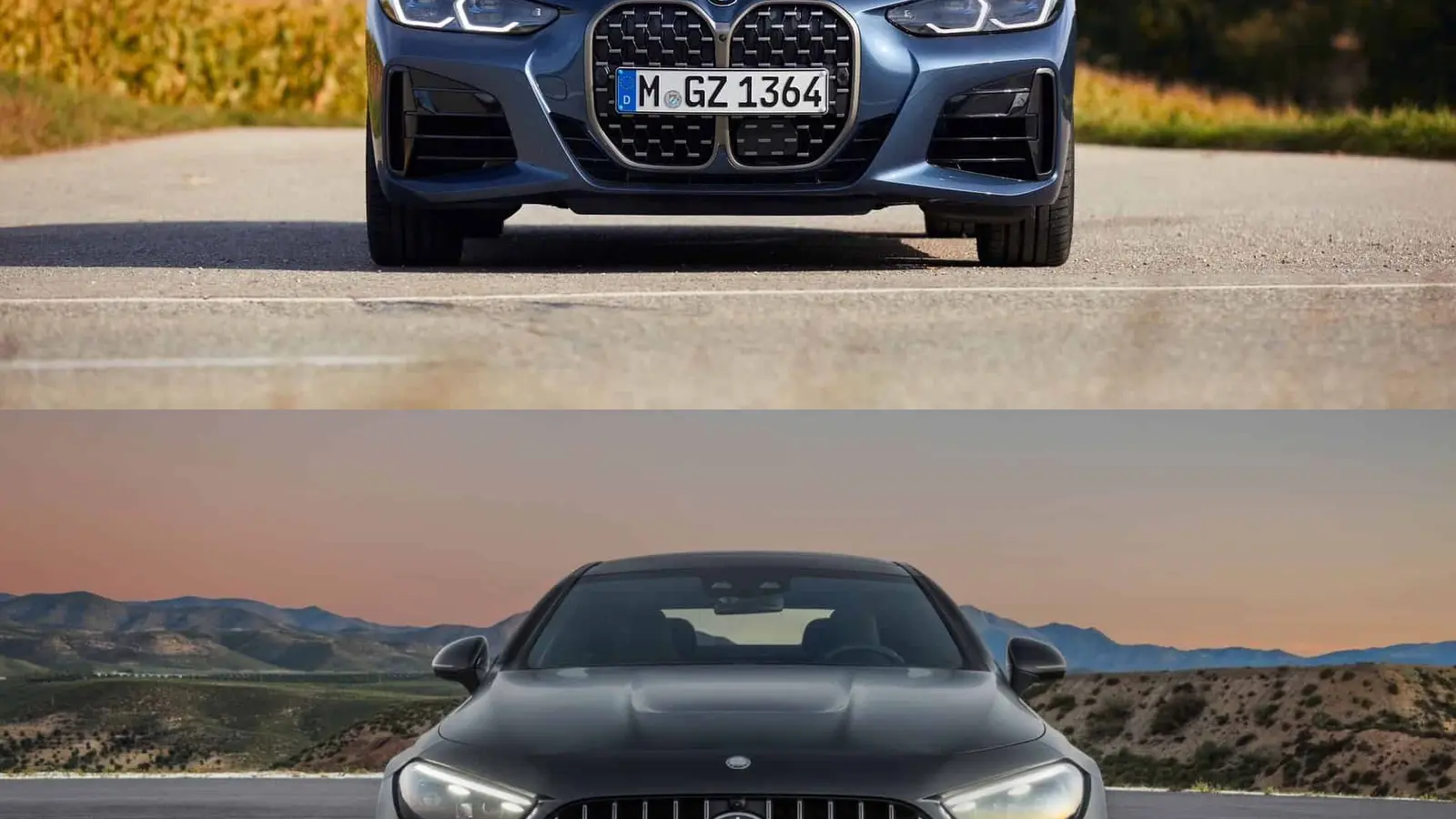4 Minutes
Mercedes and BMW in Unexpected Engine Talks
Longtime rivals Mercedes-Benz and BMW are reportedly exploring a new kind of cooperation: Mercedes could buy BMW four-cylinder engines to supply its plug-in hybrid and combustion-engine lineup. German magazine Manager Magazin first reported the discussions, which BMW has not publicly confirmed. If real, the agreement would represent a major shift in both brands' engine and powertrain strategies.
Why Mercedes Is Reconsidering Its Engine Strategy
Mercedes faces sagging margins and lower sales volumes this year, prompting leadership to rethink product and production choices. CEO Ola Källenius acknowledged a drop in automotive margins and warned that cost cutting alone will not compensate for missing or poorly timed products. One immediate pressure point is the demand for combustion engines in Mercedes plug-in hybrid (PHEV) models — volumes that now exceed initial forecasts.
From Geely to BMW: Political and Logistical Factors
Mercedes previously sought lower-cost four-cylinder units from Geely in China. However, sourcing engines from China has become politically sensitive in important markets such as the United States, making alternative suppliers more attractive. Reports suggest that Mercedes has reopened talks with BMW as a politically neutral and technically proven option for short-to-midterm engine supply.
How a Cooperation Could Work
According to the report, CEO-level discussions began nearly a year ago and technical teams from both automakers have since reportedly been evaluating feasibility. The proposed timeline targets deliveries beginning around 2027, with production potentially handled at BMW's well-established Steyr plant in Austria — a facility that built over one million engines in 2024. The initial focus is on BMW's petrol four-cylinder, with diesel B47 units and other drivetrain components possible later additions.

Production, Tariffs, and US Assembly
Insiders say joint production in the United States is under consideration to minimize tariff exposure and align with regional sourcing rules. For Mercedes, a U.S.-based supply chain could ease entry for engines used in cars sold across North America while avoiding the political complications tied to Chinese-built components.
Specifications, Performance and Compatibility
BMW's B48 is a modular 2.0-liter turbocharged four-cylinder petrol engine used across multiple BMW models and power outputs. It is renowned for compact packaging, smooth turbo response, and ease of integration into hybrid systems. The B47 diesel family, also modular at similar displacement, remains a candidate for diesel variants in markets where demand persists. Both engines are engineered for modern emissions and efficiency targets, making them suitable options for Mercedes PHEV powertrains and conventional models that still rely on combustion units.
Market Positioning and Strategic Impact
For Mercedes, sourcing engines externally would mark a pragmatic pivot: slowing the planned rapid phaseout of combustion technology while ensuring the company can meet demand for plug-in hybrids now and through the transition to electric mobility. For BMW, supplying a direct rival would secure additional production volumes, diversify revenue, and underscore the company's reputation as a leading powertrain supplier. BMW already supplies engines to manufacturers ranging from boutique marques to mass-market brands such as Toyota and Land Rover; adding Mercedes would be a notable milestone.
Comparisons and Open Questions
Compared with Mercedes' own engine programs, BMW's modular four-cylinder architecture offers proven scalability and global production footprints. Key questions remain: which Mercedes models would receive BMW engines first, how extensively will diesel units be included, and what contractual or branding arrangements would govern the supply. Details are expected to emerge in the coming months if negotiations progress.
Overall, this potential partnership reflects broader industry trends: OEMs are increasingly open to collaborative powertrain strategies to manage costs, regulatory complexity, and shifting market demand while preserving competitiveness in both traditional combustion and electrified vehicle segments.
Source: manager-magazin


Leave a Comment